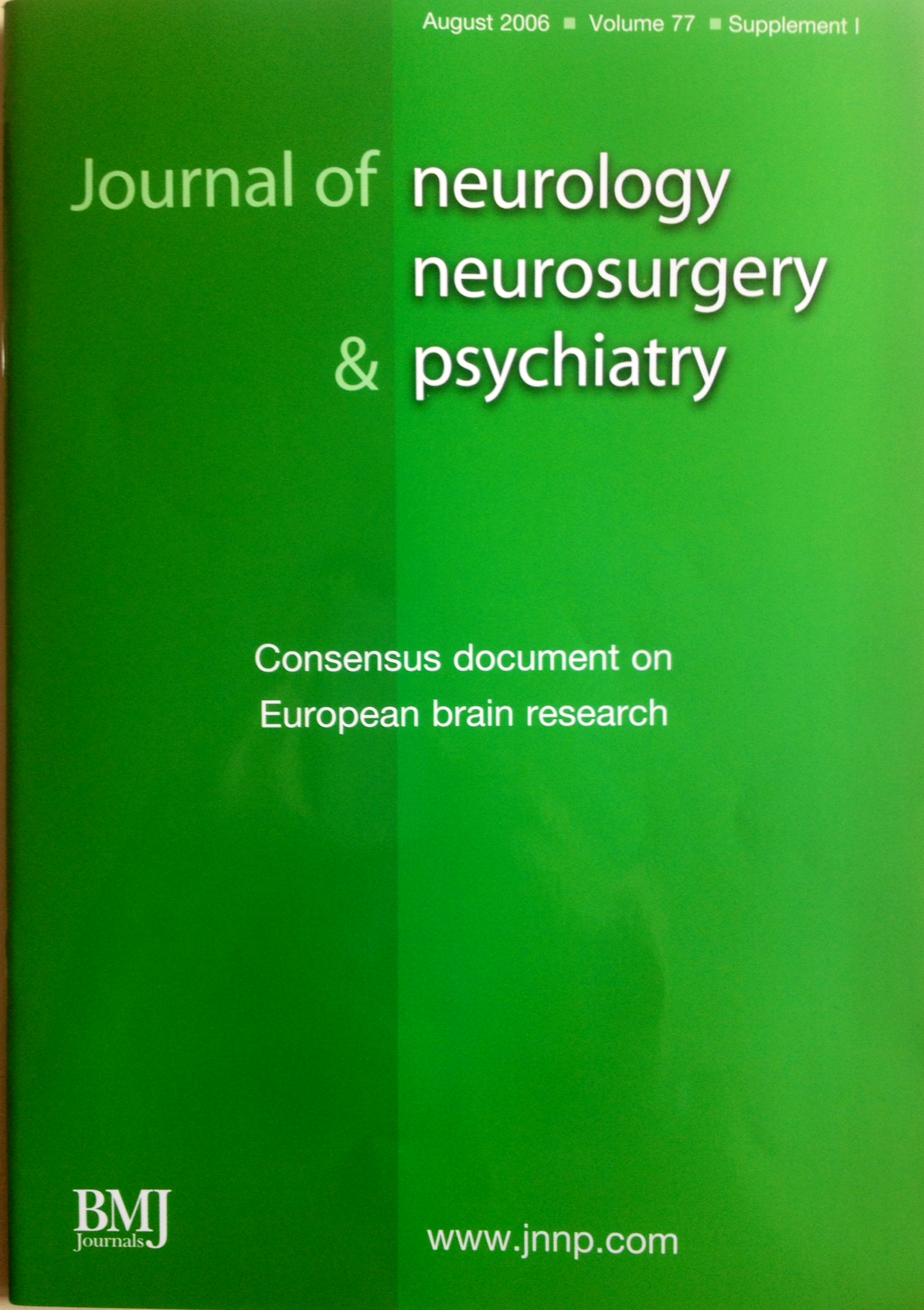Consensus Document on European Brain Research 2006
01 August 2006
Neuroscience News
01 August, 2006 in Neuroscience News
 |
Consensus Document on European Brain Research Olesen J, Baker M, Freund T, Di Luca M, Mendlewicz J, Ragan I and Westphal M J Neurol Neurosurg Psychiatry 2006;77:i1–i49 August 2006 |
Abstract
Brain disease psychiatric and neurologic disease combined represents a considerable social and economic burden in Europe. Data collected by the World Health Organization (WHO) suggest that brain diseases are responsible for 35% of Europe’s total disease burden. An analysis of all health economic studies of brain diseases in Europe, published by the European Brain Council (EBC) in June 2005, estimated the total cost of brain disease in Europe in 2004 to be €386 billion. That burden is set to grow, mainly due to the fact that the European population is ageing.
Investment in brain sciences does not match that burden now, let alone in the future. Brain research received only 8% of the life science budget in the European Commission’s Fifth Framework Programme, which represents less than 0.01% of the annual cost of brain disorders for that period. Over the last decade, Europe has been losing ground to the USA and Japan in terms of both basic and clinical research. Many of Europe’s young researchers are taking up posts in the USA and staying there. Big pharmaceutical companies are fleeing Europe for the USA, taking their drug development programmes with them.
Research in the brain sciences now holds the promise of therapies that halt and even reverse neurodegeneration, of better diagnostic tools, neural prostheses for the paralysed and drugs for depression and anxiety that are tailored to the individual, thereby eliminating or reducing side effects. Our growing understanding of the normal brain could lead to better prevention of brain disease and to more effective teaching methods. The need for innovative treatments has never been greater, and Europe boasts clusters of excellent researchers in biotechnology who could collaborate with brain scientists and the pharmaceutical industry to realise this promise.